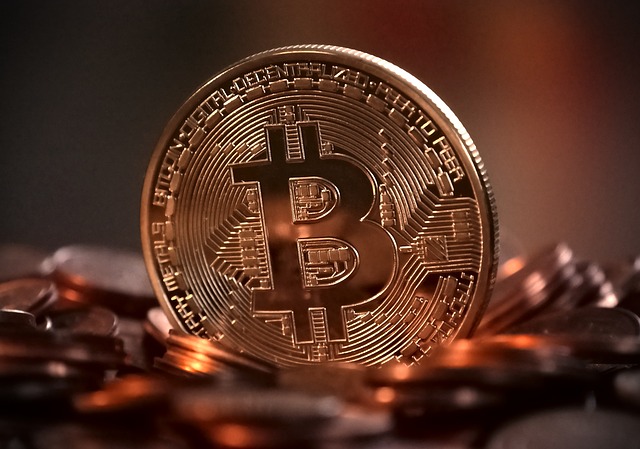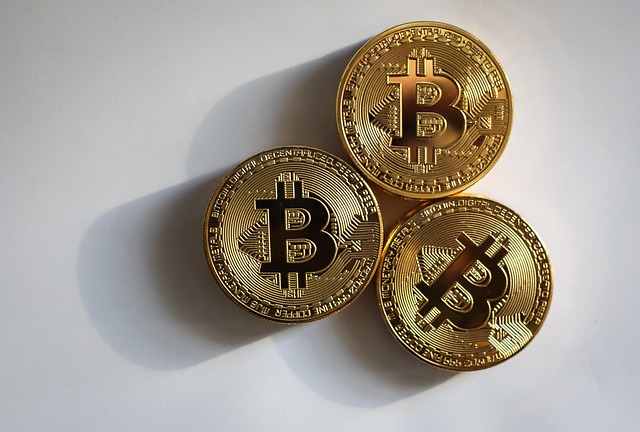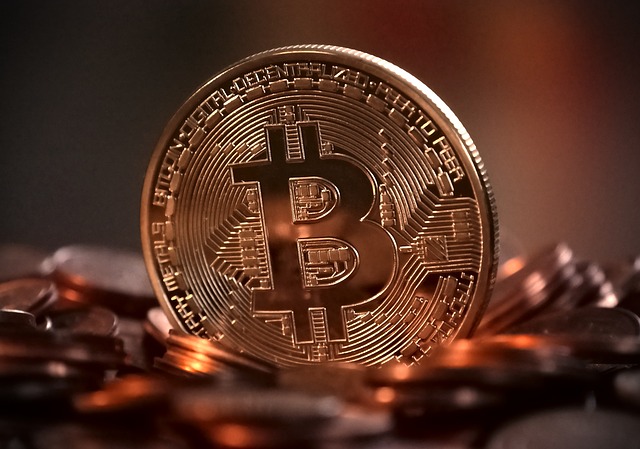By 2025, Bitcoin Cash (BCH) faces a complex global regulatory landscape for cryptocurrencies, with international bodies harmonizing AML and KYC standards while countries vary from strict bans to minimal restrictions. This dichotomy presents both challenges and opportunities, impacting BCH users transacting across borders and potentially affecting investment clarity through digital asset taxation. Regulatory developments will determine BCH's future, requiring adaptability from the community while fostering industry partnerships and regulator dialogue for global adoption and compliance innovation.
“The year 2025 marks a significant turning point for global financial regulations, with potential profound implications for Bitcoin Cash (BCH). As regulatory bodies worldwide strive to establish clarity and control over cryptocurrency markets, this article delves into the evolving landscape. We explore how international policies are shaping BCH’s compliance status and dissect key regulatory shifts. Furthermore, we offer insights into the future trajectory of Bitcoin Cash in light of these upcoming waves of change, providing essential guidance for investors and enthusiasts navigating the dynamic crypto space.”
- Global Regulatory Landscape in 2025: A Snapshot
- Bitcoin Cash and Compliance: Current Status
- Key Policy Changes and Their Implications for BCH
- Future Outlook: Navigating the Regulatory Waves Ahead
Global Regulatory Landscape in 2025: A Snapshot

In 2025, the global regulatory landscape for bitcoin-cash and cryptocurrencies at large is marked by a mix of progressive adoption and stringent oversight. Regulators worldwide are grappling with the balance between fostering innovation and safeguarding investors from market volatility and potential fraud. Key developments include increased collaboration among international bodies, such as the Financial Action Task Force (FATF), to establish uniform anti-money laundering (AML) and Know Your Customer (KYC) standards.
Many countries have taken proactive steps to integrate digital assets into their financial systems, with some introducing legal frameworks that recognize bitcoin-cash as a legitimate asset class. However, others remain cautious, implementing strict restrictions or even outright bans on cryptocurrency trading and mining. This dichotomy underscores the evolving nature of global crypto regulation, highlighting both opportunities for growth and challenges ahead for the bitcoin-cash community.
Bitcoin Cash and Compliance: Current Status

Bitcoin Cash, a hard fork of Bitcoin created in 2017, has been navigating the complex landscape of regulatory compliance since its inception. As of 2025, the cryptocurrency’s relationship with global policies remains a dynamic and evolving story. While some jurisdictions have embraced Bitcoin Cash, allowing for relatively unobstructed operation, others have implemented stringent measures that pose significant challenges for users and businesses alike.
The current status suggests a patchwork of regulations worldwide. Some countries have taken a hands-off approach, recognizing the decentralized nature of cryptocurrencies and leaving Bitcoin Cash largely unregulated. In contrast, certain regulatory bodies have moved to classify Bitcoin Cash as a financial asset, subjecting it to capital controls, anti-money laundering (AML) laws, and know-your-customer (KYC) requirements. This dichotomy creates a complex environment for global users, who must adapt to varying compliance standards when transacting in Bitcoin Cash across different borders.
Key Policy Changes and Their Implications for BCH

In 2025, several key policy changes across global regulatory landscapes are set to significantly impact Bitcoin Cash (BCH). One prominent shift involves enhanced anti-money laundering (AML) and know-your-customer (KYC) measures, which could increase compliance burdens for BCH exchanges and wallet providers. Stricter regulations aim to mitigate illicit activities, but may inadvertently hinder legitimate users’ access to this cryptocurrency.
Additionally, regulatory bodies are focusing on digital asset taxation. Clarifications on tax treatments could provide stability or create uncertainty for BCH investors. While these policies aim to formalize the digital asset space, they also raise concerns about potential regulatory overreach and fragmentation of global markets. The implications for BCH include increased operational complexity for businesses and individuals alike, as well as opportunities for innovation in compliance-focused solutions.
Future Outlook: Navigating the Regulatory Waves Ahead

The future of Bitcoin Cash, like that of other cryptocurrencies, hinges critically on global regulatory landscapes. As regulatory updates in 2025 continue to shape financial sectors worldwide, the trajectory of Bitcoin Cash will be significantly influenced by how these policies evolve and are implemented. Key factors to watch include clarity in classification—whether Bitcoin Cash is viewed as a commodity, asset, or currency—and the level of scrutiny placed on anti-money laundering (AML) and know-your-customer (KYC) measures.
Navigating these regulatory waves ahead demands agility and adaptability from the Bitcoin Cash community. Compliance with local regulations while preserving the decentralized nature of the network will be a delicate balance. The global adoption and acceptance of Bitcoin Cash could significantly benefit from partnerships with industry leaders, increased public education, and ongoing dialogue with regulators to foster a collaborative environment that promotes innovation while ensuring consumer protection.
As we move into 2025, the global regulatory landscape for Bitcoin Cash (BCH) is becoming increasingly complex. Key policy changes across various jurisdictions are having profound implications on the cryptocurrency’s adoption and compliance. While these updates present challenges, they also offer opportunities for clarity and growth within the Bitcoin Cash ecosystem. By staying informed about regulatory trends, BCH enthusiasts and stakeholders can navigate these “regulatory waves” and ensure a more stable future for this digital asset.



